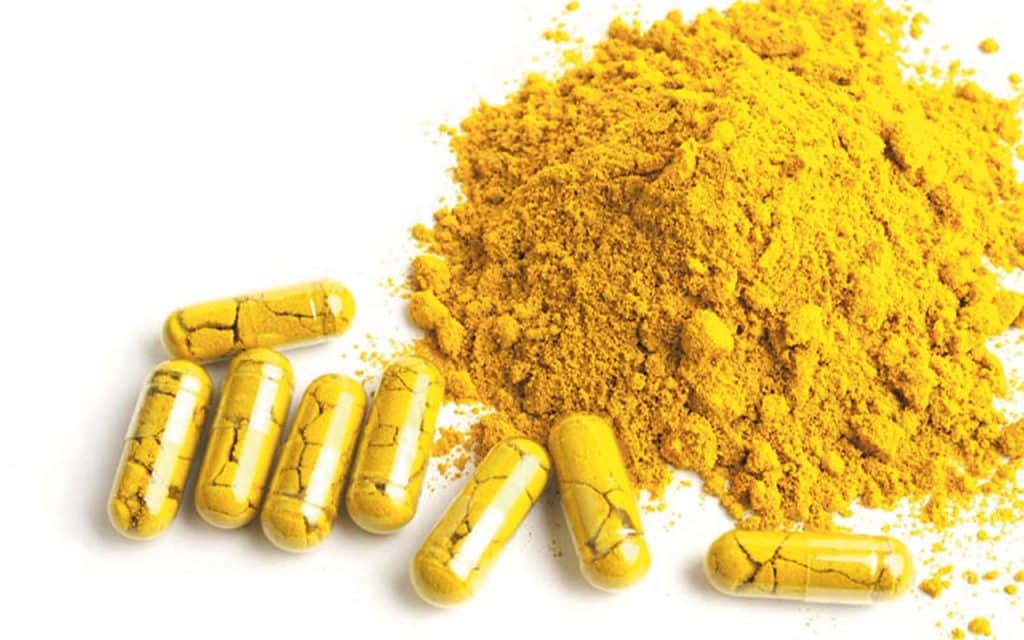
Recently there has been a surge of interest in a food supplement called Berberine. Berberine has some very interesting properties (so interesting and effective in fact that it seemed for a while that it might be removed from sale and made prescription-only on the Irish market!) Thankfully that hasn’t happened yet. Recently a number of us on the Organico team are trying it out with really positive results.
So, what exactly is Berberine? It’s a natural, yellow-pigmented plant compound called an alkaloid. It is found in the roots, stems, and bark of a wide variety of herbs, including goldenseal, barberry, goldthread, greater celandine, Oregon grape, and tree turmeric. Therapeutically, alkaloids are particularly well known as anaesthetics, cardioprotective, and anti-inflammatory agents.
Even though it’s relatively new in the supplement form, Berberine has actually been around for centuries. Traditionally used in Ayurvedic and Chinese medicine, berberine was historically used to treat many conditions including gastrointestinal ailments and infections, diabetes, and many inflammatory conditions.
Bright yellow in colour, its bitter taste has made it an important compound in herbal medicine. Bitterness can help to regulate appetite, as bitter compounds often promote a sense of fullness, helping to reduce overeating. In traditional herbal medicine, the bitter quality of berberine is also associated with its ability to support liver function and detoxification processes.
Berberine offers several key health benefits that are currently being intensively researched at the moment. As with all natural compounds, more research is needed, but these are the areas that are looking very promising:
Blood Sugar Regulation: One of the most well-studied effects of berberine is its ability to help your body regulate blood sugar levels. It has been shown to improve insulin sensitivity and reduce blood glucose levels, making it possibly beneficial to those of us who struggle with balancing our blood sugars. A 2022 review in ‘Molecules’ shows berberine can help lower blood glucose levels because it increases insulin production and improves insulin sensitivity, though more research is needed to fully understand these effects.
Cardiovascular Health: Berberine may help improve heart health by lowering cholesterol and triglyceride levels. Research indicates that it reduces LDL (‘bad’ cholesterol) while increasing HDL (‘good’ cholesterol). Additionally, berberine has been found to help lower blood pressure, which can reduce the risk of heart disease.
Weight Management: Studies show that berberine can support weight loss and reduce belly fat. This is likely due to its role in improving metabolism and regulating blood sugar levels. By activating the enzyme AMPK, berberine boosts cellular energy expenditure, which can promote fat burning and weight loss. A 2022 review of 18 studies that examined the effect of berberine on body weight and 23 that examined its effect on body mass index found significant decreases in both weight and BMI in people who took berberine.
Antimicrobial and Anti-inflammatory Effects: Berberine possesses strong antimicrobial properties, effective against bacteria, fungi, and viruses. It has been used traditionally to treat infections, particularly gastrointestinal infections like diarrhoea and candida overgrowth. Traditional usage and recent research also suggest that berberine has anti-inflammatory properties, which means it could help with diabetes and other inflammation-related health conditions (Medical News Today).
Gut Health: Berberine may also support a healthy gut by promoting a balanced microbiome. It has been shown to help modulate gut bacteria, improving digestion and reducing harmful pathogens in the digestive tract. On top of that, Berberine has shown promising effects in strengthening the gut lining, primarily through its anti-inflammatory and barrier-enhancing properties. One key way it helps is by reducing gut inflammation, which is a common cause of leaky gut syndrome. Plus it’s being used in the management of SIBO (bacterial overgrowth in the small intestine).
It’s important to say that Berberine is not a magic bullet. There’s never just one supplement (or drug) that by itself will resolve all our health issues – obviously. Lifestyle, stress reduction, a nourishing diet and plenty of sleep are all vital and cannot be replaced by taking a supplement. It’s still early days and while there is lots more work to be done on evaluating the properties and effects of this compound, internally we have the following anecdotal reports from the Organico team:
We have someone taking Berberine to help with Metabolic Syndrome, someone else taking it who has found it has really benefited her digestive tract and another taking it to help balance blood sugars and reduce food and sugar cravings. It’s early days yet but it’s easy to take and the results so far are very positive.
The suggested dosage for Berberine varies. Some people are taking one capsule of about 400-500mg three times a day, one before each meal. Other people are taking it at night to help with gut health. We can discuss dosage with you depending on your situation and the condition you want to treat.
If you’re interested in taking Berberine, I would recommend doing some research yourself and taking some time to evaluate whether it is suitable for you. Remember that if you have significant health issues, please consult a suitably qualified medical practitioner such as a Naturopath or Nutritional Therapist.
Need advice? Why not call in? If you’d like more information on natural health, diet and lifestyle, call in to us in Organico and we will help you make some positive changes. It’s never too late to start. Or if you are not local to us, drop us an email on online@organico.ie and we will do our best to advise you.
Organico Shop, Deli and Bakery is open from 9am-6pm Monday to Saturday, and you can shop online with us on www.organico.ie anytime for delivery to all 32 counties.



